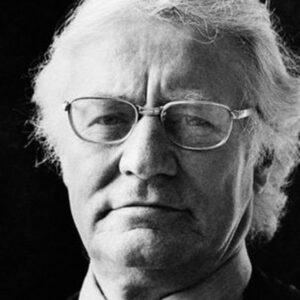The Magical Moment of Redemption
This is the first of a series of episodes featuring John Thomas, Executive Vice-President and Publisher of Psychology Today. John talks a little about his background and how he got his career off the ground with the help of a minor mishap. Then he reverses roles with the host. Hear his conversation with host, Tom Gentry, on episode 12 of The Path to Authenticity. Hear part two of this conversation in episode 14. Both interviews are combined in episode 52.
Psychology Today is devoted exclusively to everybody’s favorite subject: Ourselves. They’ve gathered a group of renowned psychologists, academics, psychiatrists and writers to contribute their thoughts and ideas. It’s a live stream of what’s happening in ‘psychology today’.
If you enjoy listening to The Path to Authenticity, please take the time to leave a review, a rating, or both on Apple Podcasts or wherever you listen. You can also like the podcast on Spotify. If you know someone who would enjoy a particular episode, please share it with them. Questions or comments? Call (561) 247-4757 to leave a message. We’d love to hear from you and value any feedback you might offer. Visit thepathtoauthenticity.com. Email us at thepathtoauthenticity@gmail.com. Find the show on Patreon. Like us on Facebook. Find the Sunday playlist on Spotify. Follow us on Instagram. The Path to Authenticity is powered by Equivox. For digital marketing and web design services, visit their website at equivox.com.
© Copyright 2020, Tom Gentry; Music: Buy a Guitar, The Bad Plants, and Guitar Lessons by Punk Rock Opera, all edited for use. Used with permission from the artist under a Creative Commons license.
The Path to Authenticity is a podcast for people looking for more from life. It focuses on emotional wellness and starts from the premise that our true power comes from our individuality. We talk to various types of writers and artists as well as therapists, coaches, teachers, entrepreneurs, and professionals of all kinds. Our guests possess one common trait. They’re people who know who they are. We talk about what makes them who they are, how they became who they are, and how we might become truer expressions of who we are.






